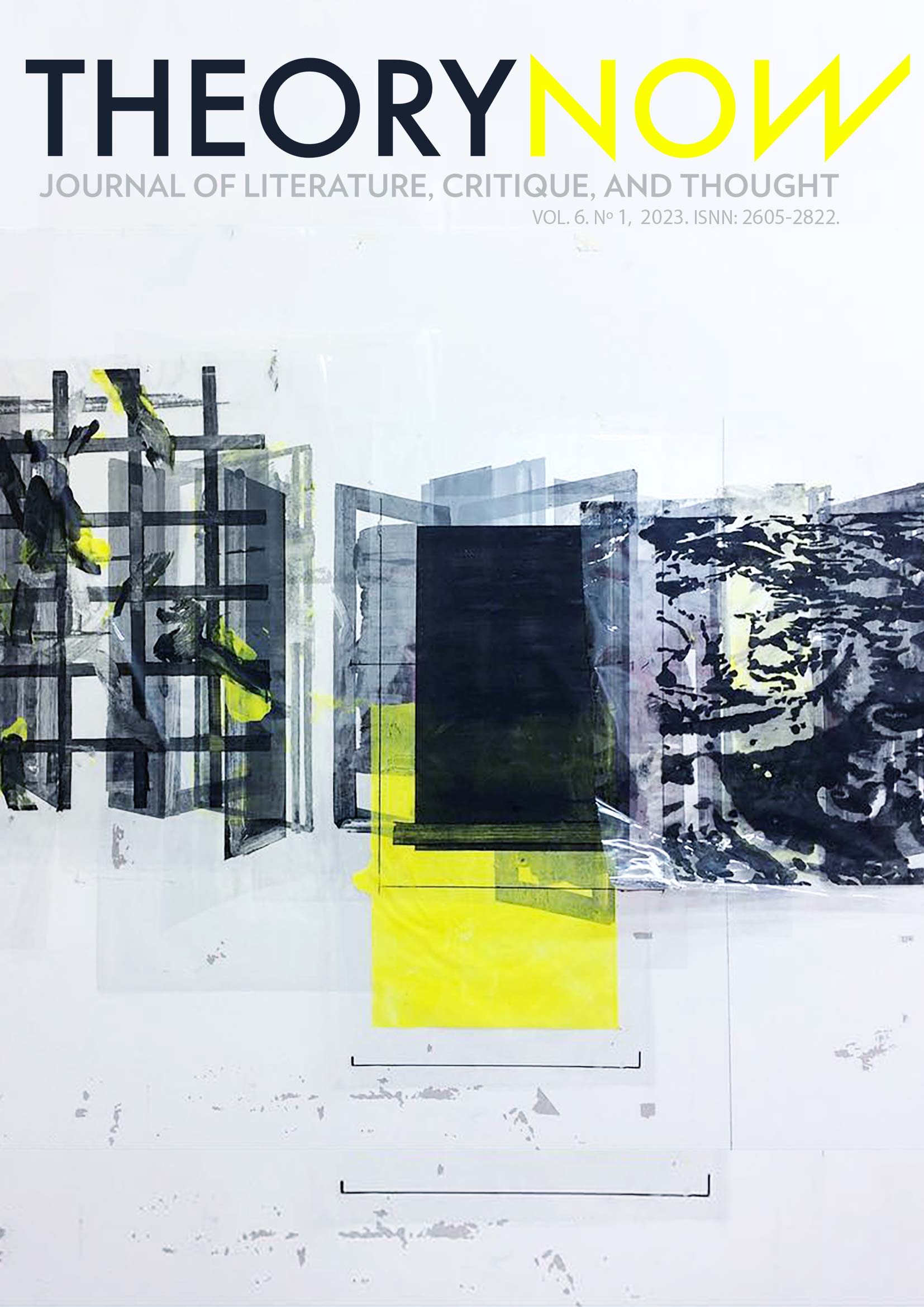The Link Between Foucault's Writing and the Ontology of Ourselves
DOI:
https://doi.org/10.30827/tn.v6i1.21841Keywords:
Writing, Foucault, Modern Ethos, Language, Experience, Practice of SelfAbstract
The objective of this article is to show the possibility of linking writing with the ontology of ourselves. This article is divided into two sections, one that analyzes the objective part of the circulation of writing and the other that analyzes the subjective part of writing. In the first part, the way in which Foucault considers books and the objective circulation of writing, in their material effects, will be shown in four different ways: as a toolbox, as a weapon, as an experience and as an event. In the second part, the subjective part of writing is analyzed, which refers to the writer subject. The texts A danger that seduces and “The writing of oneself” will be analyzed to address writing from subjectivity. This article will show that the assembly between the objective and subjective part of writing can be done through the modern ethos, and that it is consistent
with the proposal of the Foucaultian ontology of ourselves.
Downloads
References
Buron, Pablo Frau. “Michel Foucault: el ejercicio de escritura como praxis de transformación de sí”. Pensamiento, vol. 76, no. 290, 2020, pp. 697-706.
Foucault, Michel. “¿Qué es un autor?”. Entre filosofía y literatura. Buenos Aires, Paidós, 1999, pp. 329-360.
____. “Diálogo sobre el poder”. Estética, ética y hermenéutica. Buenos Aires, Paidós,1999, pp. 59-72.
____. “La escritura de sí”. Estética, ética y hermenéutica. Buenos Aires, Paidós, 1999, pp. 289-306.
____. “¿Qué es la Ilustración?”. Estética, ética y hermenéutica. Buenos Aires, Paidós, 1999, pp. 335-352.
____. El orden del discurso. Buenos Aires, Tusquets, 2005.
____. “Gestionar los ilegalismos”. Entrevistas con Foucault, Roger-Paul Droit, Buenos Aires, Paidós, 2008, pp. 45-58.
____. “Soy un artificiero”. Entrevistas con Foucault, Roger-Paul Droit, Buenos Aires, Paidós, 2008, pp. 71-104.
____. Historia de la locura en la época clásica I. Buenos Aires, FCE, 2009.
____. “El libro como experiencia”. La inquietud por la verdad. Buenos Aires, Siglo XXI, 2013, pp. 33-100.
____. “Acerca de la genealogía de la ética”. La inquietud por la verdad. Buenos Aires, Siglo XXI, 2013, pp. 123-158.
____. Un peligro que seduce. Madrid, Cuatro, 2012.
Galichon, Isabelle. “L’éthopoïétique de l’écriture de soi”. Phantasia, no. 8, 2019, pp. 21-30.
Lorenzini, Daniele. “Expériences de l’écriture chez Michel Foucault”. Les intermittences du sujet, Sylvie Jouanny et Élisabeth Le Corre (dirs.), Rennes, Presses universitaires de Rennes, 2016, pp. 41-49.
Pereyra, Ignacio. “¿Se puede considerar la experiencia literaria dentro de una ontología de nosotros mismos?”. Revista Hybris, vol. 12, no. 1, 2021, pp. 113-138.
Salas, Marina. “La práctica de la escritura en Foucault: literatura, locura, muerte y escritura de sí”. Dorsal, no. 2, 2017, pp. 219-244.
Downloads
Published
How to Cite
Issue
Section
License
Theory Now. Journal of Literature, Critique, and Thought is an immediate open-access publication which is available at no cost for readers and authors alike. Authors are not charged any kind of fee for the editorial processing of their articles. Reading, downloading, copying, distributing, printing, searching, linking or reusing all published articles for non-commercial uses is allowed on the condition of citing the author, the journal and the editing body. All intellectual material published in this journal is protected under a Creative Commons Attribution-NonCommercial 3.0 Spain license.
Dissemination of the articles in social (Facebook, Twitter, Linkedin, etc.) and scientific networks (ResearchGate, Academia.edu, etc.), public repositories at universities and other institutions, blogs, personal or institutional websites, Google Scholar, ORCID, ResearchID, ScopusID, etc. is strongly encouraged. In all cases, the intellectual property of the articles and any possible monetary profits derived from them belong exclusively to the authors.













